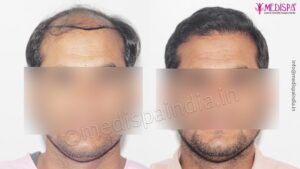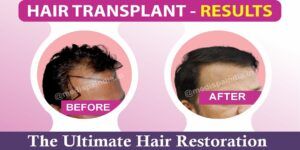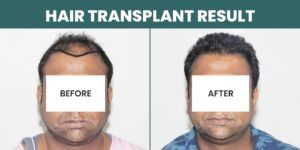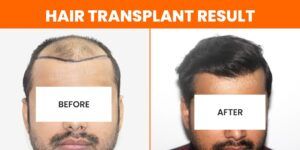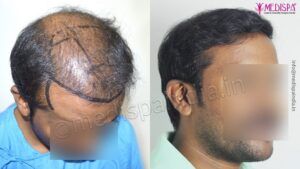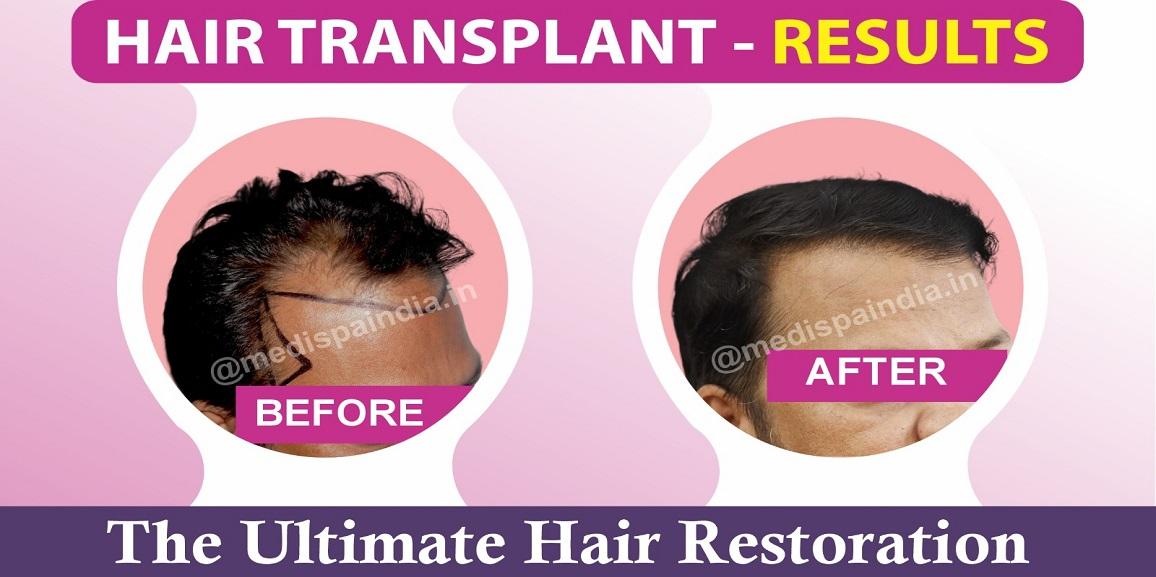
To combat hair loss, individuals often turn to topical treatments, whether natural or chemical, as an initial remedy for their baldness. However, it is important to note that permanent hair loss is typically a progressive condition that requires medical attention. One effective solution is hair transplant surgery, which can restore hair to areas affected by baldness. The procedure was first introduced in Japan in 1939, initially using single scalp hair. Over time, advancements in the procedure have led to improved results, allowing for maximum hair growth and a natural-looking hairline.
Throughout their lives, people have spent countless hours admiring and styling their own hair while looking into a mirror. Hair is often considered one’s most valuable cosmetic possession. Regardless of how one dresses or their body type, having fuller and healthier hair enhances their overall style. Even the most expensive outfit can feel incomplete if the hair is not in proper condition.
Experiencing random hair loss, with clumps of hair accumulating on pillows, floors, or bathroom sinks, can be distressing. When individuals notice these warning signs of hair loss, they often become alarmed and blindly try various home remedies.
However, it is important to question the effectiveness of these treatments. Can they truly deliver the desired results? Temporary hair loss caused by factors such as pollution, poor diet, and stress can indeed be reversed. Yet, when it comes to genetic hair loss, which is often the primary cause, the options for prevention are limited. Androgenic alopecia and male or female pattern hair loss are alternative terms used to describe this type of hair loss.
In order to address the issue of hair loss, early detection and counseling can play a significant role. One potential solution that offers the opportunity to regain your confidence and cover bald spots is a hair transplant. This procedure utilizes techniques like FUT hair transplant and FUE hair transplant.
Before making the decision to undergo hair transplant surgery, it is crucial to consider certain factors. Let us examine these factors closely.
Planning hair transplant
Hair transplant in India has become increasingly popular due to the high demand from individuals suffering from hair loss in Western countries. The affordability of hair transplant procedures in India attracts people from all over the world. To ensure a smooth and successful hair transplant experience, it is essential to plan meticulously by creating a list of do’s and don’ts prior to the procedure. Here are some important factors to consider when planning for a hair transplant:
- Thorough research: There are numerous hair transplant clinics available, offering cheaper options, but the credibility of these clinics may be questionable. Therefore, it is crucial to diligently research and find the best clinic for hair transplantation. It is important to consider the qualifications, experience, and expertise of the hair transplant surgeon.
- Plan a consultation before making up your mind: It is essential to schedule a consultation before deciding to undergo a hair transplant procedure. During the consultation, you can address any concerns or questions you may have and determine if you are a suitable candidate for the procedure. Additionally, the consultation provides an opportunity to learn about the key aspects of undergoing a hair transplant.
- Know about what to do before and after hair transplant: After completing the consultation, it is important to carefully choose the day for your hair transplant surgery. Consider your work commitments and schedule, ensuring that you have enough time for rest and can follow the post-operative care instructions properly. Discussing the aftercare guidelines with the hair transplant surgeon in advance will help you plan accordingly. It is advisable to plan for the procedure followed by a period of relaxation or even a vacation, taking into account the necessary aftercare considerations.
- Prepare yourself for the procedure: To ensure successful results from your hair transplant, it is important to prepare yourself beforehand. Adopting a healthy diet that is rich in vitamins and minerals will aid in the healing process and promote hair growth after the transplant. It is crucial to avoid alcohol and smoking, as they can be harmful to both you and your newly transplanted hair follicles. Engaging in exercise a few days before the procedure can increase blood flow, but it is necessary to refrain from exercising for at least a month after the transplant. Lastly, maintaining a happy and stress-free mindset will contribute to your overall healing. Rest assured, the procedure itself is completely painless, so there is no need to worry.
- Pre-transplant examinations: Prior to undergoing a hair transplant, it is essential to undergo certain blood tests and other lab investigations. These examinations are conducted for your own benefit and serve as safety measure to ensure your health and well-being. It is highly recommended not to overlook these examinations, as they play a crucial role in the success of the procedure.
How does transplanted hair grow?
The growth rate of transplanted hair is often misunderstood. Contrary to popular belief, immediate regrowth is not possible after a hair transplant. It takes several months for the full results of the treatment to become apparent. However, if the procedure is performed by a skilled surgeon, the wait is well worth it.
It is important to note that within a few weeks after the transplant, the transplanted hair shaft will be shed. This is a normal occurrence. The newly implanted hair follicles enter a resting phase for at least two months after shedding their shafts. After three months, there is renewed hope as visible hair growth can be observed on the previously bald scalp.
Around six months after the hair transplant procedure, noticeable hair growth can be seen. Initially, the growth may be unevenly distributed, but over time, it will cover the entire scalp. After a year, full hair growth can be achieved, indicating the success of the procedure.
Therefore, it is crucial for individuals considering a hair transplant to be aware of these important factors. During the consultation, don’t hesitate to ask any questions you may have. This will help increase your confidence in the process.
If you have any inquiries about the procedure, please don’t hesitate to contact Medispa clinics for hair transplant in India.

